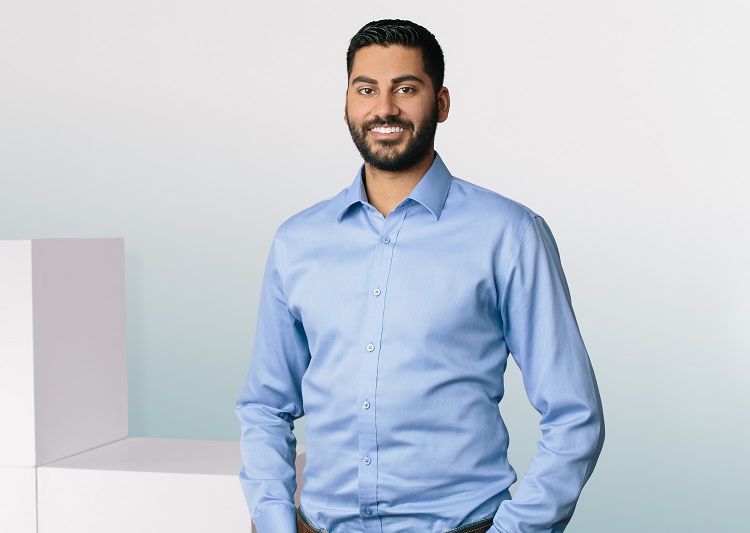How students are providing clean water in Nicaragua for just two cents a day
 Featured Image Caption
Featured Image Caption
Through a donor-supported Capstone project, U of T students are tackling the problem of clean drinking water in developing countries.
Posted on October 1, 2018
As a fourth-year student, Zia Karim (BASc 2018) participated in the Faculty of Applied Science & Engineering’s innovative Capstone program, which gives engineering students the opportunity to work in teams to tackle some of the world’s most challenging problems.
A dramatic effect on water quality
Karim and his team had the task of finding a method to provide clean drinking water to a rural village in Nicaragua. “We were interested in trying to change the way water treatment solutions are designed and implemented in the developing world,” says Karim. A key issue with this problem, he says, is a lack of education and understanding of the harm caused by contaminated water. “By creating a sustainable business model, it adds additional motivation to increase project acceptance in the region.”
Under the supervision of Prof. Amy Bilton, co-director of the faculty’s Centre for Global Engineering (CGEN), Karim and his teammates, Matthew Freibauer and Brennan Sydor, set a goal to create an affordable filtration system design leveraging locally sourced materials and labour.
A simple product, an economically viable business
The design leveraged a local kiln optimized to sustain high temperatures, enabling a crucial structural change in the clay called “quartz inversion” which transformed the clay into a viable material to help filter bacteria. The final product was a 200-milimetre round disk made up of the transformed clay and rice husks – the team’s locally sourced organize material of choice—affixed into the bottoms of buckets. This allows water to filter via gravity and remove up to 99 per cent of bacteria.
“We were so thrilled with the final product and that people are putting it to use,” says Karim. “It has had a dramatic effect on the quality of water in this area, which in turn improves quality of life.” Once the filters are in place in the community, he says, they can provide clean water for as little as two cents per day.
“And because the filters can be made locally and sold at a 60 per cent profit,” Karim says, “the local family who helped us build the prototype can run an economically viable business.”
CGEN and Winds for Change: A Sustainable Partnership
The team was able to travel to Nicaragua and develop the filters thanks to a partnership between CGEN and Winds for Change, an organization that provides funding and support for sustainable programs in developing countries, with a focus on Nicaragua. Contributions from U of T’s Annual Skule Fund directed to CGEN help support Capstone projects like this, while enhancing the student experience.
“Working on this capstone project was the highlight of our engineering education at the University of Toronto,” Karim says. “My teammates and I experienced a completely different culture and what we learned is invaluable. I hope more students will be able to have unique learning opportunities like this.”
Your support for the Faculty of Applied Science & Engineering can help students make even more of a difference in communities around the world.
MAKE A GIFT NOW